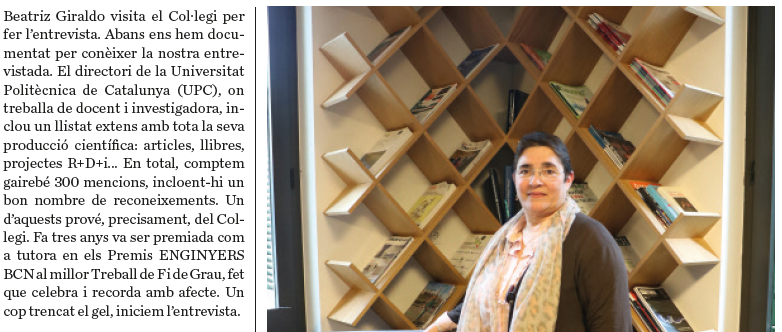Olive oil offers two powerful weapons in the fight against antibiotic resistance
Researchers from the Institute for Bioengineering of Catalonia and the University of Granada have created two potent antimicrobials from oleanolic acid and maslinic acid, both of which are found in olive oil
The study, published in the journal ACS Infectious Diseases, has demonstrated the effect of these derivatives on the bacteria Staphylococcus aureus, one of the main causes of infections in catheters and prostheses.
Liquid gold. This is how all Mediterranean cultures have referred to olive oil throughout history. Its captivating flavour, its texture and its role in gastronomy have been some of the qualities that have contributed to this. But olive oil is also a great ally when it comes to health: from antiinflammatory properties to benefits for the cardiovascular system, and even recently discovered antitumor effects. Now, scientists from the Institute for Bioengineering of Catalonia (IBEC) and the University of Granada (UGR) have contributed new insights that increase the already well-known antimicrobial properties of olive oil.
To do this, they have synthesised two derivatives with enormous antimicrobial potential from two compounds present in olive oil—oleanolic acid and maslinic acid.


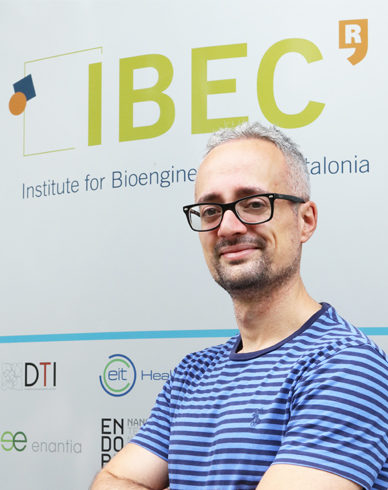
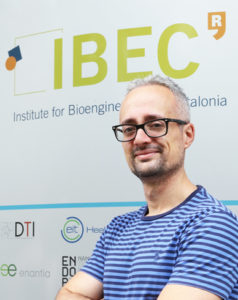



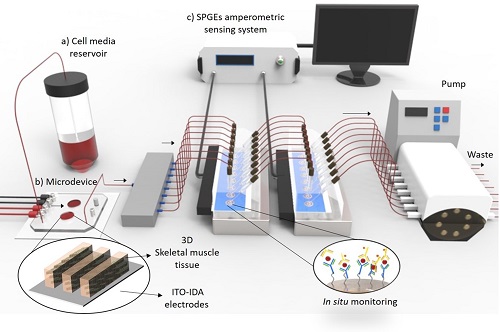

 Application Deadline: 15/09/2019
Application Deadline: 15/09/2019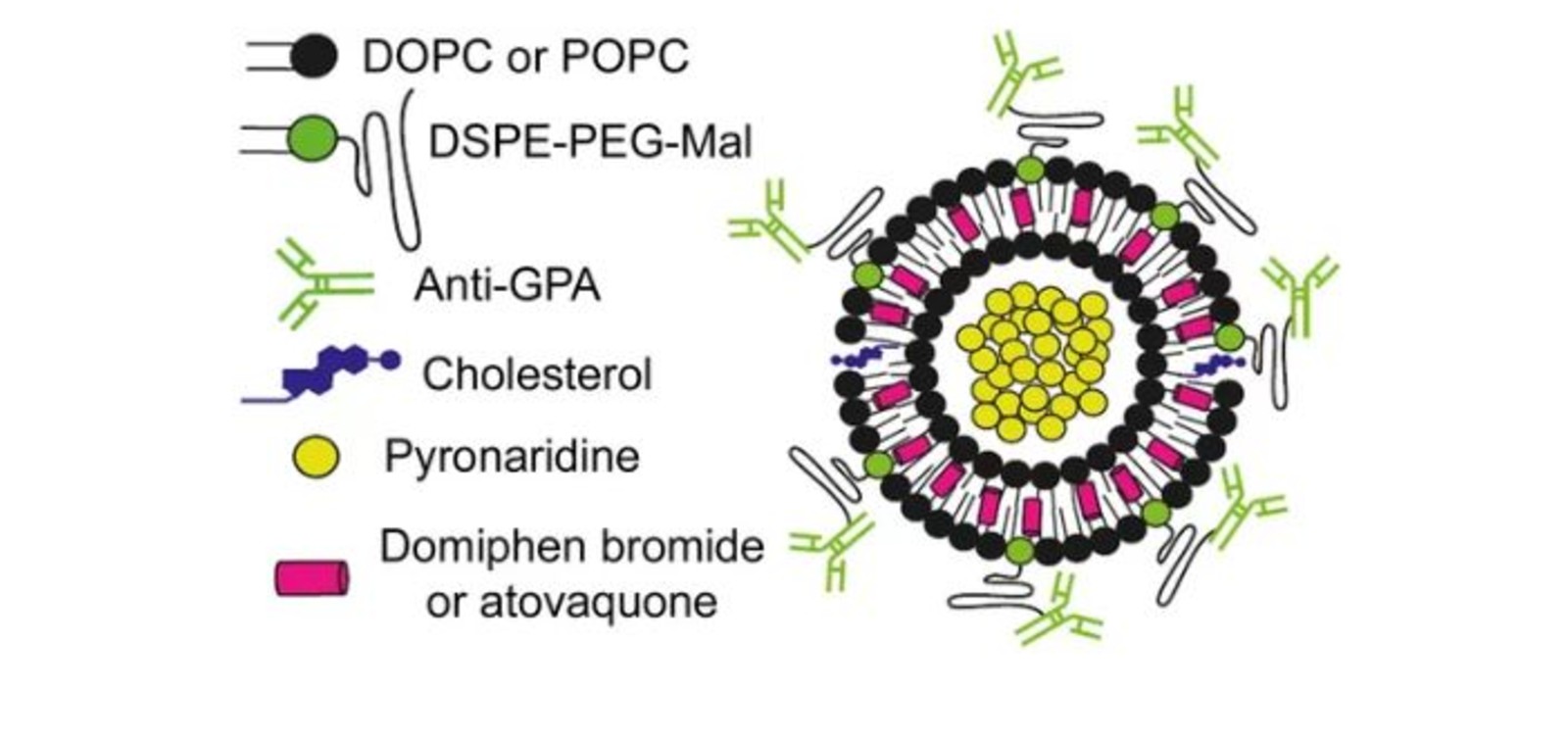
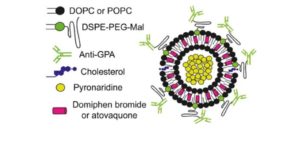 According to the study, the strategy has the added advantage of targeting the transmissible phase of the parasite- the gametocyte. Encapsulating two drugs with different properties into nanovesicles surrounded by antibodies can greatly improve their delivery and efficacy, according to a study led by Xavier Fernández Busquets, director of the joint Nanomalaria unit at the Institute for Bionengineering of Catalonia (IBEC) and the Barcelona Institute for Global Health (ISGlobal), an institution supported by ”la Caixa”.
According to the study, the strategy has the added advantage of targeting the transmissible phase of the parasite- the gametocyte. Encapsulating two drugs with different properties into nanovesicles surrounded by antibodies can greatly improve their delivery and efficacy, according to a study led by Xavier Fernández Busquets, director of the joint Nanomalaria unit at the Institute for Bionengineering of Catalonia (IBEC) and the Barcelona Institute for Global Health (ISGlobal), an institution supported by ”la Caixa”. 